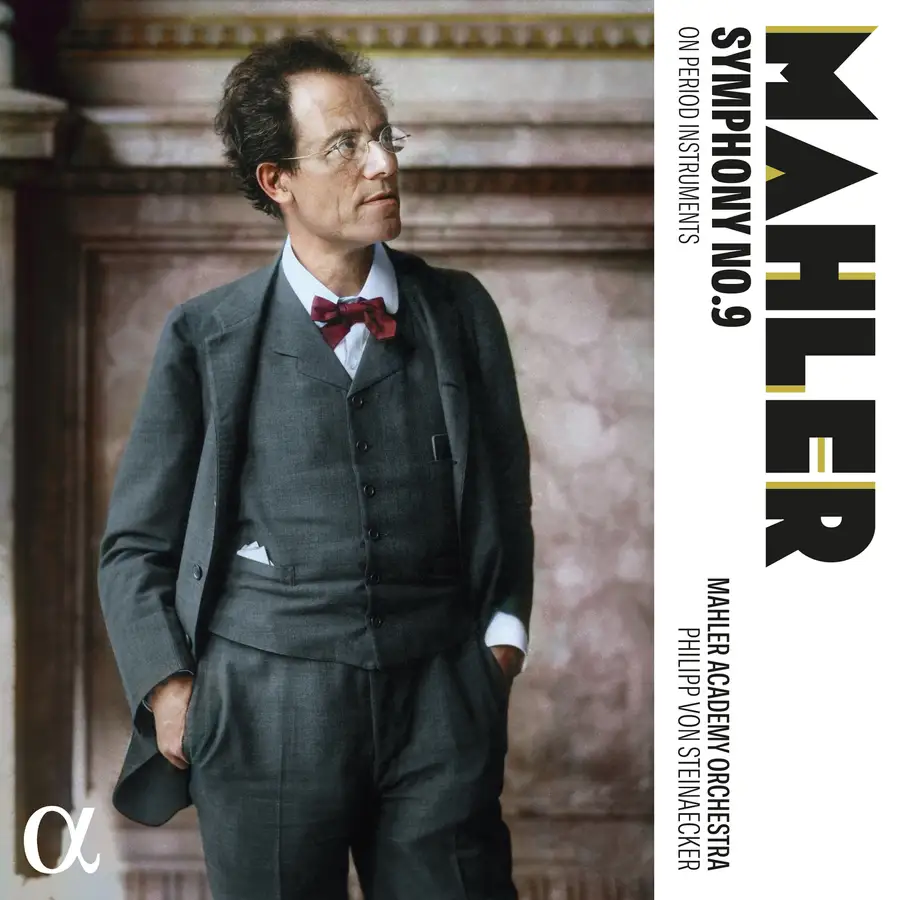HiFi Basics: What's the most important thing in HiFi? And, is there progress?
Technically, aside from the speakers, I'd regard what's at the front (source and preamp) more important than what follows. But really, the most important thing to Hifi comes from the heart. It's the love of music.
It perhaps matter not so much what genre of music one likes, as long as one is willing to explore and go in depth. There are people well versed in Rock & Roll, and Jazz, and as primarily a classical fan I admire and read what they write. Contrary to popular belief, it takes not much money to do this, but it takes effort. A case can be made that various free venues of exploring music, be it via the library or radio (easy these days because of the internet), or even the internet and youtube (sound limitation hardly detracts from greatness in music) is more fruitful than buying CDs on your own.
Unfortunately, most audiophiles spend way too much time listening to audiophile recordings and too little exploring music. Buying multiple versions (SACD, XRCD, LPCD, xxCD) of the same album just for the slight difference in sound effect can also be an overkill. While pursuing "higher fidelity" is inevitably part of the audiophile, when it comes to "progress" the subject is more complex than it seems. Every new technology has its own Archilles Heel, and it takes time to even just admit it.
Many years ago, long before the advent of R33 and imitators, mirroring elsewhere, in the HK forum Audioboard, there were lots of writing and debates on the "death" of CD, not to mention LP. The argument used the advent of DVD-A, SACD, as well as then-new "upsampling", 24/96 and even 24/192 on the horizon. Looking at it now, aided by the internet, while high-bit, high-sampling rate has finally raised their heads, DVD-A and SACD (let's not argue about their merits or de-merits) have largely fallen by the wayside, and many of the doomsayers have been proven wrong. The same people are again saying now the CD is dead, and downloading is the future. Are they right this time while proven wrong many times before? I think not.
These "experts" (and some of them are active still on the net) who predicted the death of LP and even CD could not have been more wrong. LP in the past decade experienced a strong resurgence. It's not just discerning hifi people who feel so, even "ordinary" music lovers think LP sound superior. If you think the contrary, read no further. As for the CD, it's interesting to note that out-of-print CDs now command increasingly stratospheric prices. Does that not remind you of LP?
Don't mistake me for someone who believes "the older the better". I follow CAS with great interest, and listen to CAS whenever I can. I use CAS as an alternate source, but since I've a hugh collection of software, it shall never be my main staple. For the classical fan, the "convenience" of CAS is over-rated. It's a pain to maintain and difficult to sort. Let's say you use iTunes and have registered for the store, cover Art for pop is easy and almost inevitable, but it almost never works for classical. Sometimes you even get the wrong album cover! OK, classical fans is a minority, but one undeniably of the greatest importance in HiFi.
Another truth is, there is nothing that is the "best". Such terms are only employed by magazines and the inexperienced. Can CAS completely trounce the best of the most primitive 14-bit (such as Philips 100, 2000 or revox 225) machines? Many think not, but you have to have the experience first. There are too many people out there making big statements, and many of them don't have substantial experience with older decoders, not to say LPs. For me, anyone who doesn't know LP well and make pronouncements on digital superiority is suspect. There were too many of that type in the earlier digital era. Then people began to find out about "jitter". Now, there is "pre-ringing". As the ordinary CD is getting better and better, problems with CAS is only starting to emerge. Download a high-resolution file and perfect sound forever? I wager not.
So far in my experience, CAS has not convincingly trounced even simple CD playback, not to say LP playback, but I'd be happy to be proven wrong. Most alarming are the hyperboles I've read. One example is the lavish praise of CAS through the Benchmark DAC. Yes, it's a reasonable DAC, but it's not what it's claimed. Even with the "best" cables and tweaks, it's seriously deficient in rhythm and pace, which means music has a canned quality.
CAS is certainly fun, and there are people older than I totally immersed in it. I think it's great for the industry and our hobby, and more than enough for the music lover. Which brings me back to the question of "progress". I do think there is progress in audio. Very good sound can be had for much less than before. That is certainly progress.
However, in terms of the unfortunately named "absolute sound", the answer is a resounding NO. In this day and age, why would someone listen to an astronomically priced Western Electric tube that outputs less than 0.5 watt? Why do people listen to hugh vintage horns? You can choose to deride these people, but I know and agree with their basic premise: notwithstanding measurements and "advances", these primitive devices are capable of getting one closer to "absolute sound" than the newest devices. If you don't think so, it may be your lost. Of course, not everyone gets good sound from these things from the "Jurassic Age", but some do. It's no different from CAS: it can be wonderful, or awful. It's all in the implementation, and that takes time and experience.
What happened to liner notes? Every time you take out a CD or LP, the liner notes are calling out for you. Maybe you don't read them, but you should. It's important to learn more about the music you're listening to. I read all the liner notes, even those that come with the library CDs. With only CAS, you need to turn on the computer to find out, and that's not too good for your musical growth. The bottom line is, explore music more than you explore technology. Only in that way can you become a better audiophile.
Subscribe to:
Post Comments (Atom)

















No comments:
Post a Comment